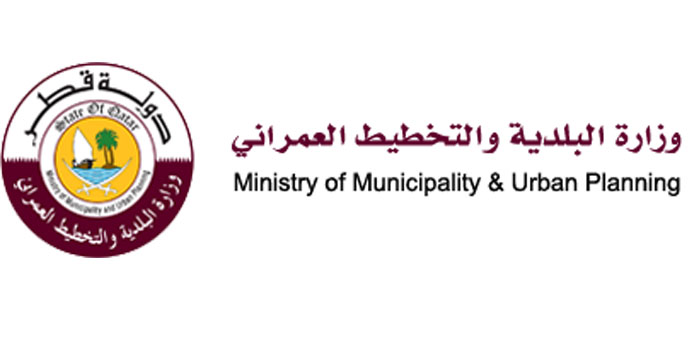A committee for the approval and classification of engineers and engineering consultancy offices shall be established at the Ministry of Municipality and Urban Planning (MMUP), a new law has stipulated.
HH the Emir Sheikh Tamim bin Hamad al-Thani yesterday issued law number 2 of 2014, amending some provisions of Law Number 19 of 2005 regarding the practice of engineering profession.
The new law stipulates that the committee shall have a chairman and vice chairman, both engineers of the MMUP. It shall have as members an engineer each from the Ministry of Interior (the General Directorate of the Civil Defence), the Ministry of Energy and Industry, the Ministry of Communication and Information Technology, Qatar Petroleum, Qatar General Electricity and Water Corporation (Kahramaa), the Public Works Authority (Ashghal) and Qatar University and two engineers from offices of engineering consultants.
The committee may be reconstituted by a Cabinet decision. Each entity shall select its representative to the committee and a decision shall be issued by the Minister of Municipality and Urban Planning to appoint the chairman, vice-chairman and the committee’s members.
The tenure of membership in the committee shall be three years, renewable for similar periods. The committee shall formulate by-laws to regulate its activities.
Article number 11 of the new law stipulates that the validity of registration for an engineer shall be three years and two years for engineering consultancy offices. The registration must be renewed within 30 days of its expiry.
If registration is not renewed on time, a fine of QR1,000 for an engineer and QR10,000 for engineering consultancy offices shall be levied for every month of non-renewal and not exceeding three months, beyond which the names concerned shall be removed from the registry by a decision from the committee and the violator notified accordingly. In such cases, re-registration may not be done unless a fee for new registration is paid in addition to the accumulated fine prior to being removed from the registry.
Article 18 stipulates that owners of engineering consultancy offices, their partners and the engineers employed there are banned from working at any of the ministries, other government departments, public corporations or institutions. Qatari university professors with doctoral degrees and teaching engineering at a university are to be exempted from the ban.
Article 27 stipulates that engineers who violate the law may be punishable by: warning, suspension from practising the profession for no more than one year and a fine not exceeding QR10,000 or any of the two penalties, and removing their name from the registry.
Offending engineering consultancy offices may be punishable by: warning, suspension from practising the profession for no more than one year and a fine not exceeding QR100,000 or any of the two penalties, and removing the office from the registry. It is not permissible to impose more than one penalty for the same violation.
Article 33, clause 1, stipulates that without any prejudice for any stricter penalty stipulated in any other law, a penalty of no more than three years’ term and a fine not exceeding QR100,000, or any of these two penalties shall be imposed on any person who: practises any of the engineering professions without license, impersonates an engineer, practises the profession after his or her name was removed from the registry or was suspended from practising and issues or broadcasts news or other forms of publicity to dupe people into believing that he or she has the right to practise the profession of engineering in spite of being not registered so or his or her name removed from the registry or was suspended, or registered his or her name based on false information or certificates.
In case an engineer or engineering consultancy office is removed from the registry, the period of removal shall be deleted from the experience period of the individual or office until re-registration.
The law stipulates that the Minister of Municipality and Urban Planning shall issue its executive regulations as well as the necessary decision necessary for its enforcement. Until this is issued, all currently applicable decisions shall be maintained with no prejudice to the stipulation of the new law.



